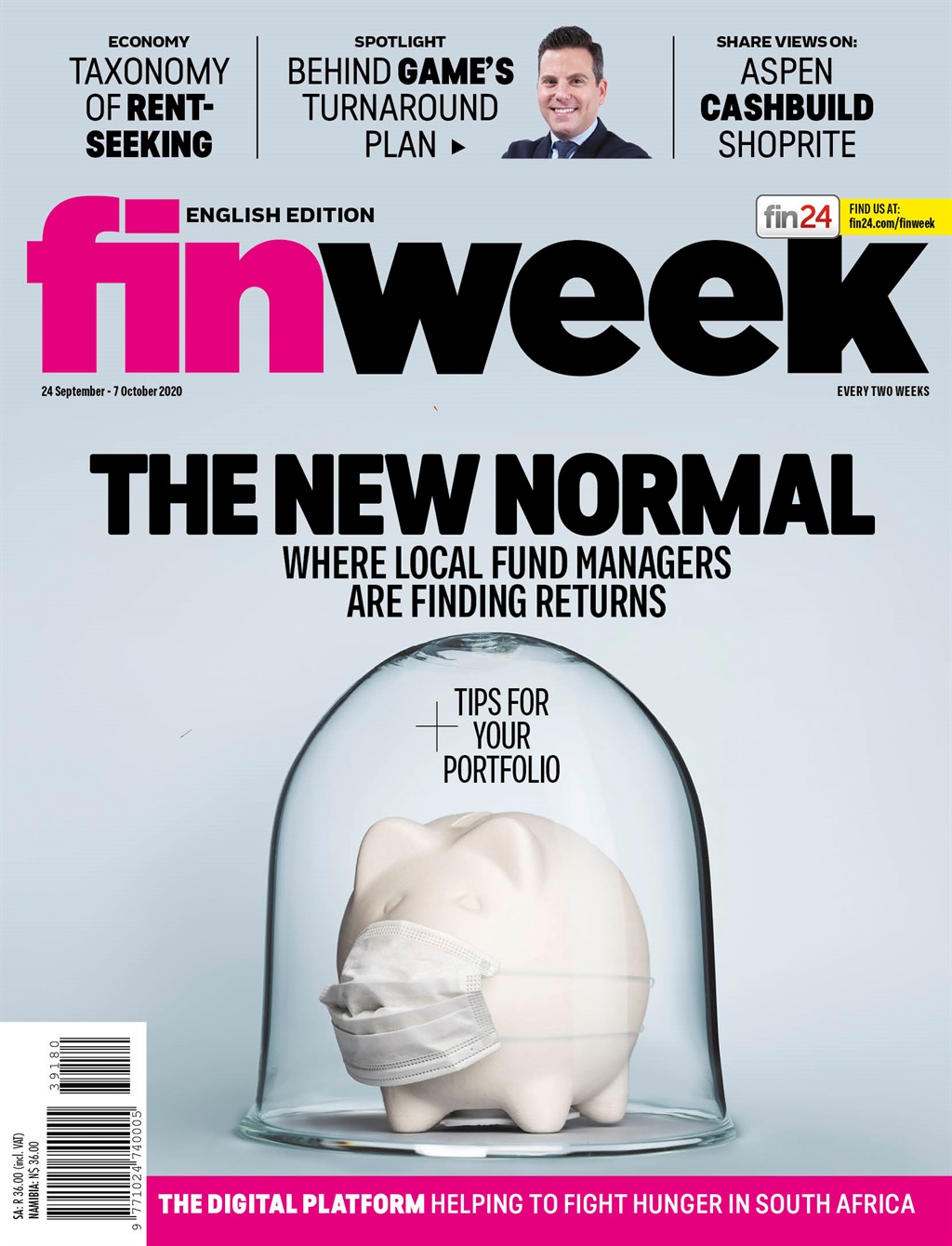
Offshore investments and money markets have been flooded as SA’s economic malaise continues. Looking for higher returns leaves fund managers between Scylla and Charybdis – is the risk worth the uncertain returns, or should capital be parked at low yields for now? Brendan Peacock looks at how SA’s investment gurus are approaching the Covid-19 fallout.
Like any business during one of the world’s most extreme lockdowns, South African asset and investment managers have had to contend with unprecedented and unexpected disruptions to operations because of the Covid-19 pandemic. Some of these adaptations will be temporary, but some will likely reshape the industry for many years to come.
The Covid-19 pandemic is proving to be one of the worst crises to confront the investment community, but SA fund managers believe the crisis merely serves to reinforce the investor biases that were already in place before lockdown.
In response to the pandemic, what South Africans have elected to do with their investments is to accelerate a five- year trend. The latest quarterly report from the Association for Savings and Investment SA (Asisa) shows that local investors have shunned high-equity or balanced funds to find more certainty and protection from volatility in money market and fixed-income funds. To date, decent yields have proven them right.
“We’ve seen meaningful growth in the market share of money market funds, from 15% to 18% in the last five years. This reflects investors trying to get creative to compensate for underperforming equity markets over the last five years. Locally, we’ve been fortunate to have relatively high interest rates and good yields, but this easy option is now disappearing as rates fall,” says Sangeeth Sewnath, deputy managing director of Ninety One.
“The multi-asset income sector has grown from 6% market share to 10%, and global equities from 3.7% to 6% on the back of a significant global bull market for some time. What is really interesting is to see the sectors that have lost out, namely multi-asset low equity, which has seen outflows of R53bn in five years. The equity sector in general has declined from 16% to 10.5%. The multi-asset high-equity sector, which is balanced funds, dropped from 23% to 20%. It remains the largest overall, but has lost ground,” Sewnath says.
However, he says, these trends may begin to reverse now that interest rates have fallen – though probably too slowly.
“In the past eight previous financial crises, statistics show investors have come back into the equity market about a year after the crisis point. In SA, we can therefore expect a flood of money back into the market in about March next year as people regain confidence. But that’s frightening – it means many investors might have missed the rebound of 30% or more.”
Tamryn Lamb, head of retail distribution at Allan Gray, says the investment team used one of the sharpest drops in market history and negative market sentiment as an opportunity for buying, but understands retail investors’ behaviour after three to five years of equity portfolios underperforming cash.
“As the domestic market crashed in March and yields spiked dramatically, we became active buyers – both in quality names, which became meaningfully cheaper with no difference in their long-term intrinsic value; and in increasing our exposure to the longer end of the bond curve because of significant increases in yields. Since then we’ve seen a significant rebound.
Cash rates came down both globally and locally, and the local market rose 25% to 30% to be almost flat on a year-to-date basis.
Investors have craved certainty. “Since 2018 nearly R350bn net flows have moved into income and money market categories. I can understand it as a response. The problem is that it becomes very difficult to time re-entry into equities.”
Protea Capital Management CEO Jean Pierre Verster says he believes lockdown is partly responsible for a surge of money into collective investment schemes. “While a lot of people in the middle- to lower class got hit and experienced negative effects of economic shutdown, you could make the case that upper-income people – typically the clients of collective investment schemes – mostly held onto their jobs and were unable to spend their disposable income, so channelled it through collective investments.”
Negativity around SA’s economic prospects has driven an increase in offshore allocations. Pieter Koekemoer, head of personal investments at Coronation Fund Managers, says that investors have developed a higher conviction that anything global is better than the domestic equity market – and so are cash and short-term debt positions.
“That the rand sold off fairly aggressively, mitigating the fall in value of offshore equities, merely served as confirmation bias for many investors who are convinced SA Inc is taking strain. We first began hearing commentators speaking of a debt crisis, fiscal cliff and potential IMF bailout in 2014, and the regular crises since then have merely brought us closer to the end game, says Koekemoer.
With foreign investors dumping SA government bonds despite their high yields by comparison with other global alternatives, and structural reform seemingly politically unpalatable, Koekemoer says local investors are hard-pressed to see domestic equities performing.
The problem, which may lead to the “next big investor disappointment”, is that the prospects for global equities are also not good beyond the current ‘big tech’ surge. “What were tailwinds for global equities, as a result of globalisation, have become headwinds in the form of isolationist politics and trade wars, collapsing corporate tax rates, inequality issues and climate change,” says Koekemoer.
“With these headwinds, I think we would be lucky to maintain anything close to the 4% or 5% global growth we’ve seen trending.”
Add to that the issue of falling domestic interest rates, which will see investors lucky to eke out 6% in money market funds, and Koekemoer says investors are hard-pressed to find alternatives. “There is an opportunity risk for moving to lower-risk investments. If investors overstay in their comfort position, they could end up being very disappointed.”




 Publications
Publications
 Partners
Partners












